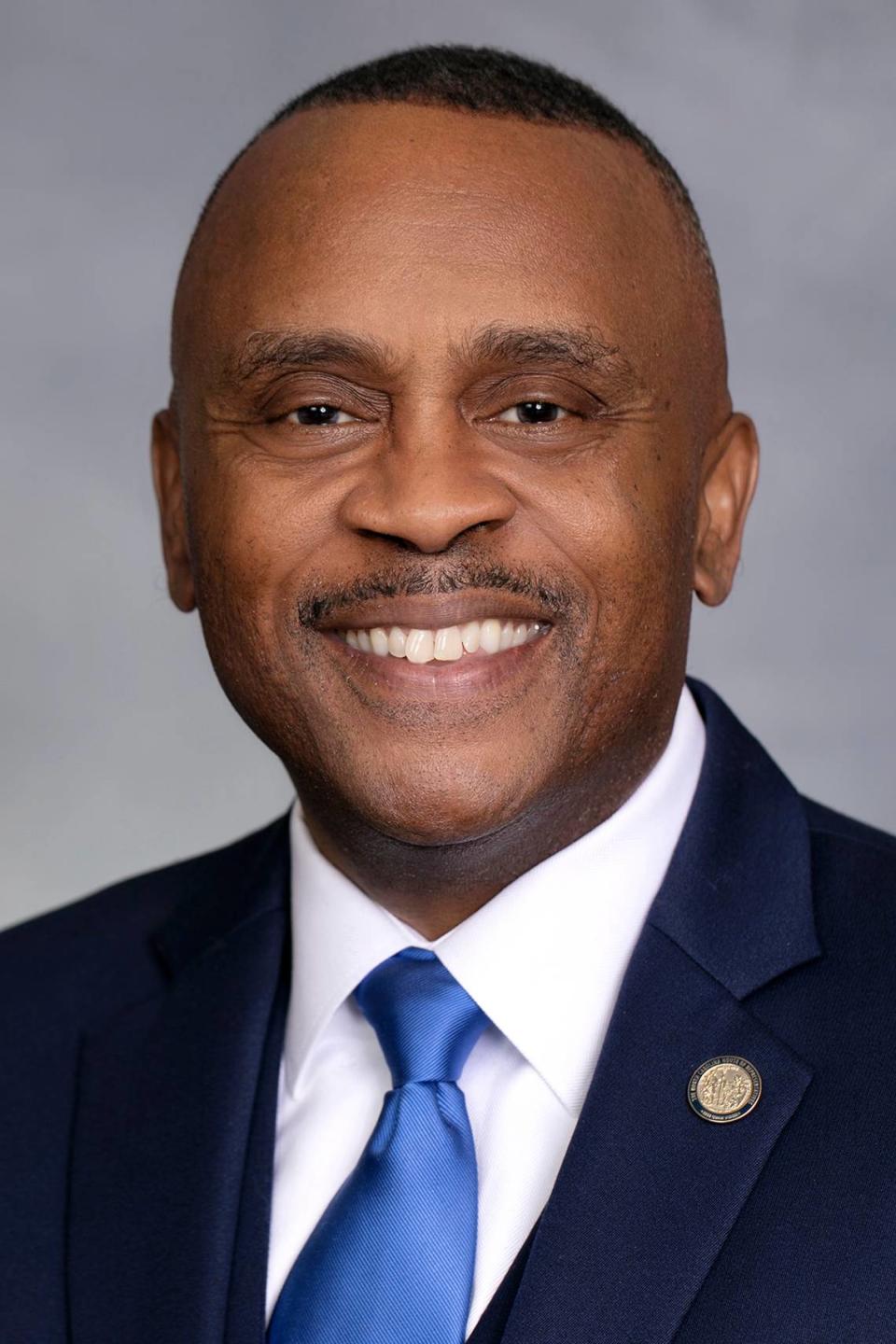NC Democratic leader: These state contracts are wasting millions of your tax dollars | Opinion
The most important duty of our General Assembly is to craft a state budget for North Carolina. The budget is a massive document that outlines how your tax dollars are spent to, ideally, ensure a well-functioning state government and a good quality of life for our people.
Unfortunately, this process is often shrouded in secrecy. A small number of legislators have massive sway in determining which projects get funded, and at what level. That opens the door to some unsavory practices, some of which were reported on at the end of last year.
Within the most recent state budget, you can find millions of dollars in “no-bid contracts.” Instead of opening up a competitive bidding process, where the best applicant gets chosen, some legislators have dictated to state agencies a specific company that they must use to provide a particular service. The best examples of these sorts of no-bid contracts are found in the education section of the budget.

MyScholar is a company based in Missouri that has no statewide contracts anywhere in the country — except in North Carolina. So far, they have received $1.5 million from the state and have yet to go live with their programs with the Department of Public Instruction (DPI). The latest state budget reserved up to $5 million for them. Failure Free Reading is another vendor that the state compelled DPI to use, without input from their education experts, DPI says.
Some of this might be forgivable if the companies were tried and true, but all evidence points toward a different conclusion. The budget allocates $2 million toward Failure Free Reading, with $300,000 going directly to the company and the rest for schools to purchase their curriculum, which is designed to help struggling middle schoolers read better. That decision was opposed by the North Carolina Branch of the International Dyslexia Association and several school districts that were hand-picked by legislators to participate.
The state budget contains much more in terms of no-bid, or directed, contracts. The majority of the no-bid contracts in the budget, nearly $44 million out of $64 million total, are for DPI. These arrangements deserve greater scrutiny not just from legislators but from the media and the general public.
It is our duty as legislators to be good stewards of your tax dollars, and by investing millions of dollars in contracts that are hand-picked by a few people, we are falling short of that responsibility.
All the while, North Carolina continues to shortchange public schools and teachers. It is not lost on North Carolinians that the state can dole out millions of dollars in sweetheart deals while teachers struggle to make ends meet. And the issue of no-bid contracts does not need to be partisan. DPI is headed by State Superintendent Catherine Truitt, a Republican. State agencies, regardless of their leaders’ party affiliation, want the flexibility to make the best decision for their employees and the constituencies they serve.
Forcing the hand of state agencies by compelling them to sign contracts is a disservice to the subject matter experts who know how to determine the best option for their particular needs. This is just another way that the General Assembly is consolidating more power over every branch of government, little by little.
The start of a new year is a perfect opportunity for us to take stock on how we can improve as legislators. Trust in government is at a low point, and I believe that more accountability in how state dollars are spent is a good way to restore some of that trust. To that end, in the coming weeks I believe we should introduce new measures that ensure proper oversight of these contracts, such as requiring approval from the Council of State. When no-bid contracts are enacted, we should have deliberate oversight from the General Assembly and from independent agencies like the Office of the State Auditor.
Robert Reives II is the House Democratic leader in the N.C. General Assembly.

